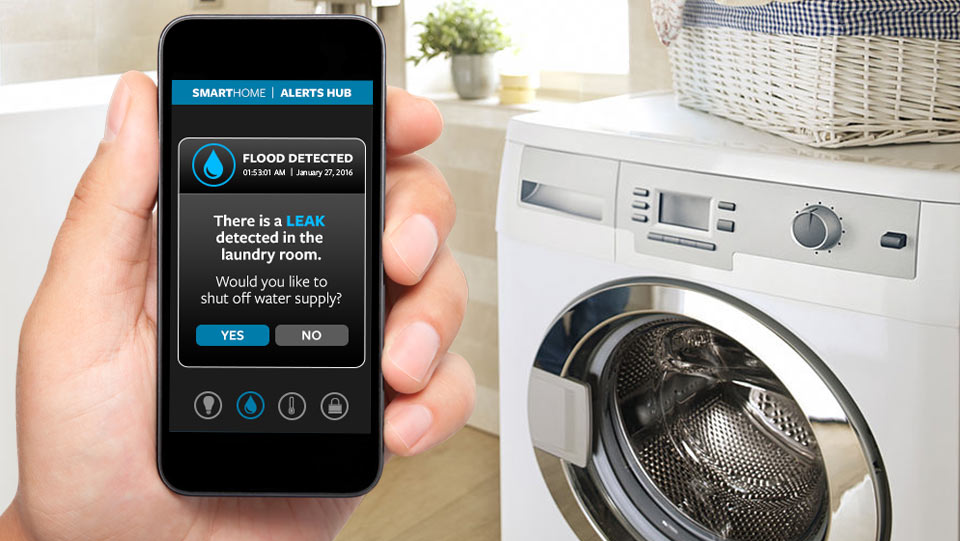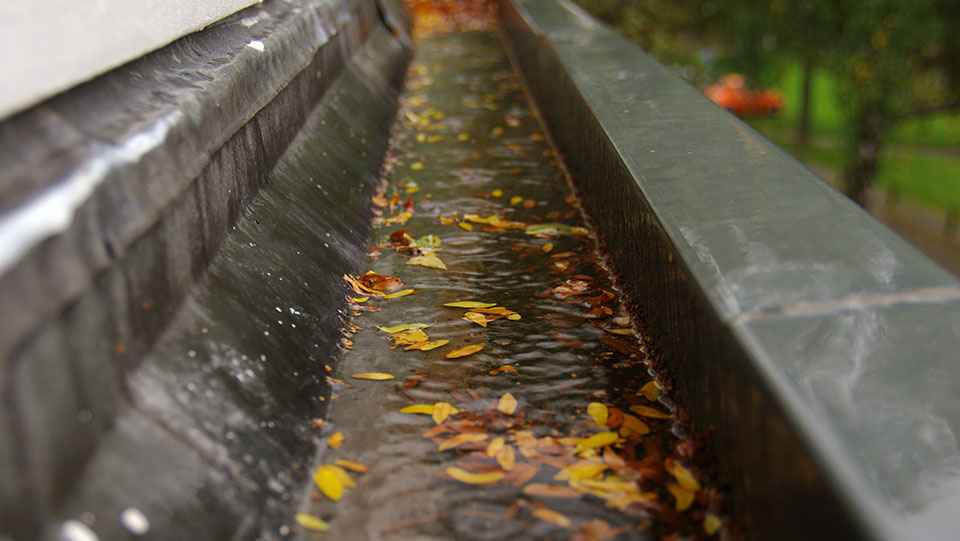Top 5 Dangers to Your House


There are many common myths about potential dangers in and around the home that can keep some homeowners up at night. However, the gap between myth and fact can make all the difference when it comes to reducing risk in your house. So what does the data tell us are the biggest risks to your home?
From leaking valves to house fires, a look at Travelers Claim data reveals the facts about the most frequent causes of homeowners’ claims, as well as the costliest. The answers may surprise you. While some risks are common nuisances we are all too aware of, others can be catastrophic. To help keep your home, your valuables and your family safe, you will want to take steps to protect them.
Danger #1: Water damage
Many people think of damage from hurricanes and heavy rains when they think of water damage. But according to Travelers Claim data from 2013 to 2020, more property losses resulted from non-weather water claims (23%) than weather-related water claims (15%).* Non-weather water claims can involve plumbing-related losses, such as pipes, drains and valves, as well as appliance issues. Learn more about common causes of water damage and the steps that you can take to help prevent it.
Danger #2: Weather-related roof/flashing damage
Wind, hail and weather-related water damage accounted for more than half, or 53%, of all Travelers property loss claims between 2013 and 2020. Falling limbs and branches weighed down by snow and freezing rain can cause roof/flashing damage. It is a good idea to inspect trees on your property to help prevent damage caused by falling tree limbs. Learning how to identify and remove ice dams can also help you avoid costly damage in the winter months.
Danger #3: Frozen pipe damage
Frozen water pipes are considered a potential source for catastrophic property damage and make the list of Travelers’ five costliest sources of homeowner claims. While a sub-item of weather-related water loss, it is so significant it deserves special mention. The good news is you can take steps to help prevent your pipes from freezing by identifying pipes that are most at risk and taking steps before winter arrives to help insulate them. During the winter, you may consider using a smart thermostat to manage and monitor that your heat is set at a safe level to help avoid freezing, and to receive notifications if the temperature in your home drops unexpectedly.
Danger #4: Theft
Theft from the premises makes the list of top causes of property loss claims, accounting for 4% of losses. There are many steps that you can take to help make your home less attractive to thieves, including landscaping with theft prevention in mind, adding outdoor lighting and creating a plan to make your home appear occupied while you are away. There are a number of methods to monitor your home to help minimize the theft potential, including smart home alarm systems.
Danger #5: Fire
Although fires do not occur as often as other incidents around the home, the damage that they can cause puts fire at the top of the costliest types of claims, according to Travelers Claim data from 2013 to 2020. Fire and related damages accounted for 27% of claims as measured by costs paid out. Fires can start from cooking, overloading circuits and improperly using a wood stove, among other causes. Learn more about the potential wood stove safety tips and how to help protect your home.
* This data does not include flood-related water damage.



